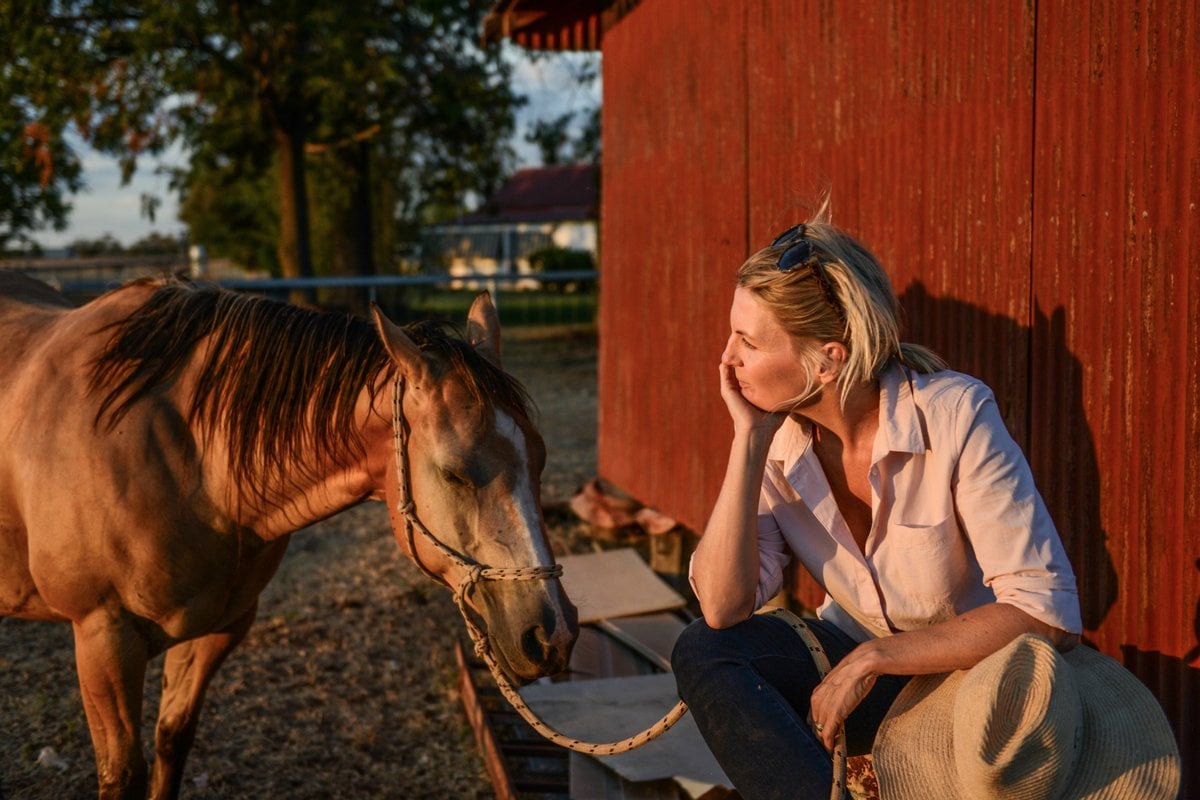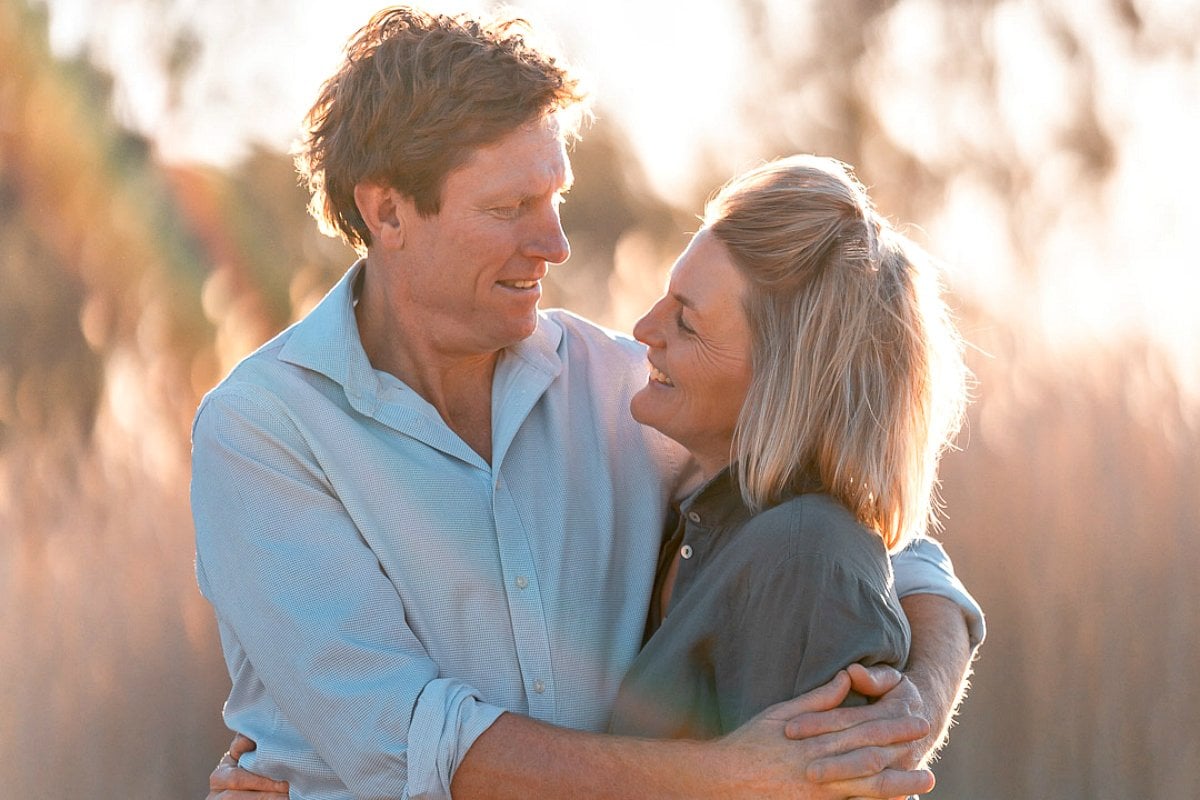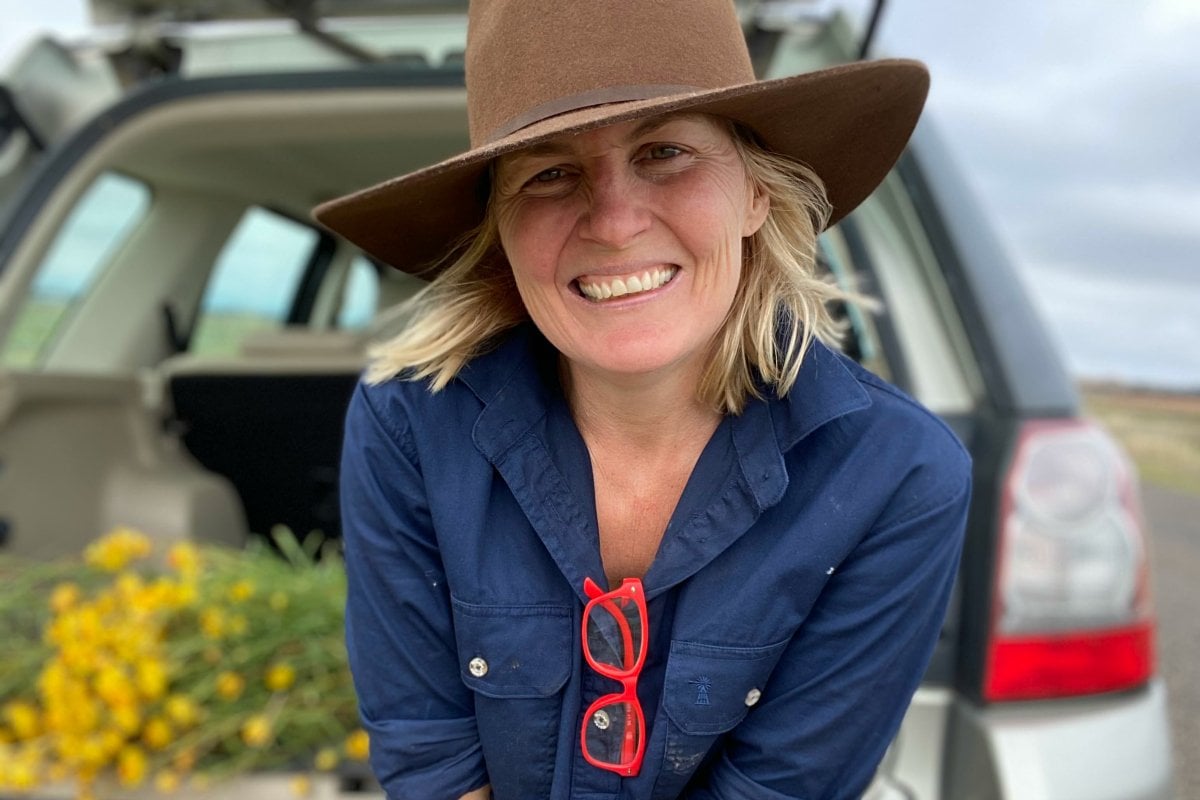
Content notice: The following deals with addiction and suicidal ideation.
It was Christmas day, 2014 when I realised that I wasn't sure if I wanted to live anymore.
Our loud extended family perched in the shade sheltering from the suffocating summer heat that day, telling stories and egging each other on while baby galahs wheezed from the gum trees and soft country music played in the background.
Everyone nursed a cool beer or wine. Except me. The joyful sounds of laughter, children, life and bottle tops steadily chinking was shredding my brain.
I sat among all these people I loved and felt nothing but a brittle, empty, and hollow. Like if somebody hugged me too hard I might just shatter into a thousand pieces.
I didn't drink that day. I ''white-knuckled'' for ten excruciating hours. Somehow, I also made it through until our famous family Boxing Day festivities.
It was all superficially going quite well, until midday.
Listen: Shanna Whan shares her path to recovery. (Post continues below.)
As the sun rose in the sky, the gathered mob once again settled into respective groups. Barefoot kids peppered the paddock playing backyard cricket. The bar table was filled with dads talking about the drought and calling over to the other Dads nearby flipping sausages, clutching beers and laughing heartily across the gap.
Mums, grandmothers, expecting mums and all the little kids sat huddled and clumped under the shade of the trees.



